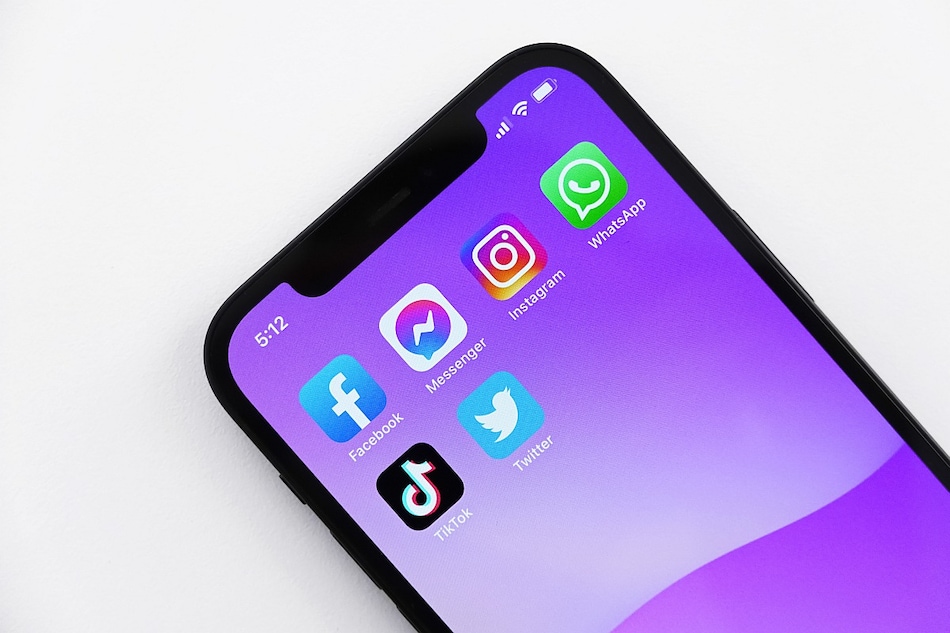The Biden administration argued before the US Supreme Court on Wednesday that social media behemoths like Google may occasionally be held accountable for user material, taking a position that may threaten to overturn a federal provision that exempts businesses from accountability.
In the high-profile lawsuit brought by the family of Nohemi Gonzalez, a 23-year-old American citizen slain in 2015 when Islamist extremists opened fire on the Paris café where she was eating, attorneys for the US Department of Justice presented their case.
Gonzalez's family claimed that Google was partially to blame for his passing since the internet giant's YouTube effectively pushed Islamic State videos to some people using its algorithm. YouTube and Google are both a part of Alphabet (GOOGL.O).
The 9th US Circuit Court of Appeals in San Francisco agreed with Google in the case, arguing that Section 230 of the Communications Decency Act of 1996 shielded them from such accusations. This led to the case reaching the Supreme Court.
Social media firms are prohibited from being regarded as the publisher or speaker of any information submitted by other users, according to Section 230.
All political parties have harshly criticised the measure. Democrats assert that it protects social media firms from liability for propagating false information and hate speech.
Republicans claim that this permits the censoring of conservative voices and other politically unpalatable viewpoints, citing Facebook and Twitter's choices to forbid the spread of a New York Post piece about Hunter Biden, the son of then-Democratic candidate Joe Biden, in October 2020.
In its submission to the Supreme Court, the Biden administration expressed its strong support for most of Section 230's safeguards for social media corporations while declining to argue that Google should be held accountable in the Gonzalez case.
However, according to the DOJ attorneys, a new level of scrutiny should be applied to the algorithms utilised by YouTube and other providers. They demanded that the Supreme Court send the case back to the 9th Circuit for more consideration.
Google's legal counsel was unavailable for comment on Wednesday night.


